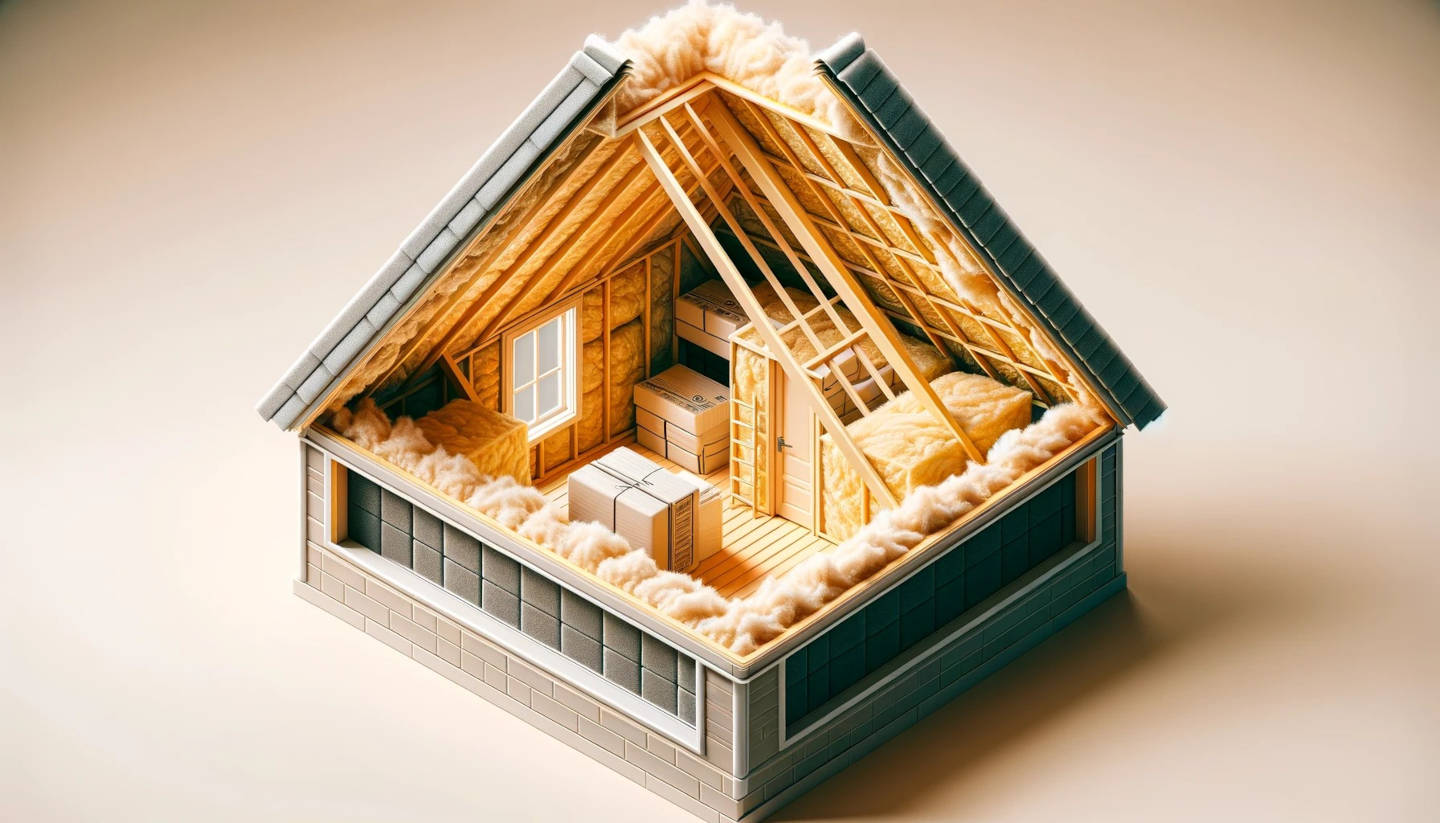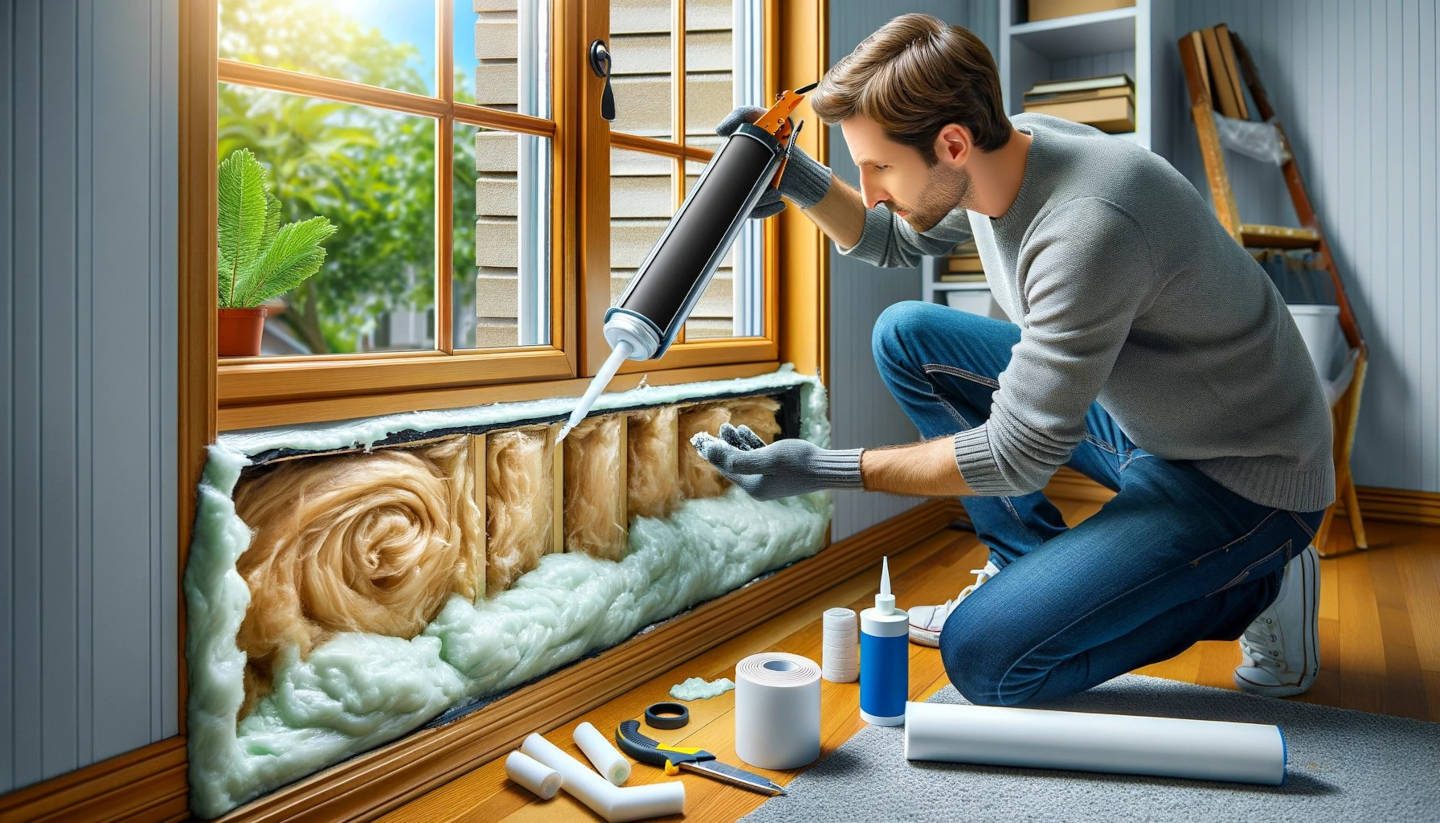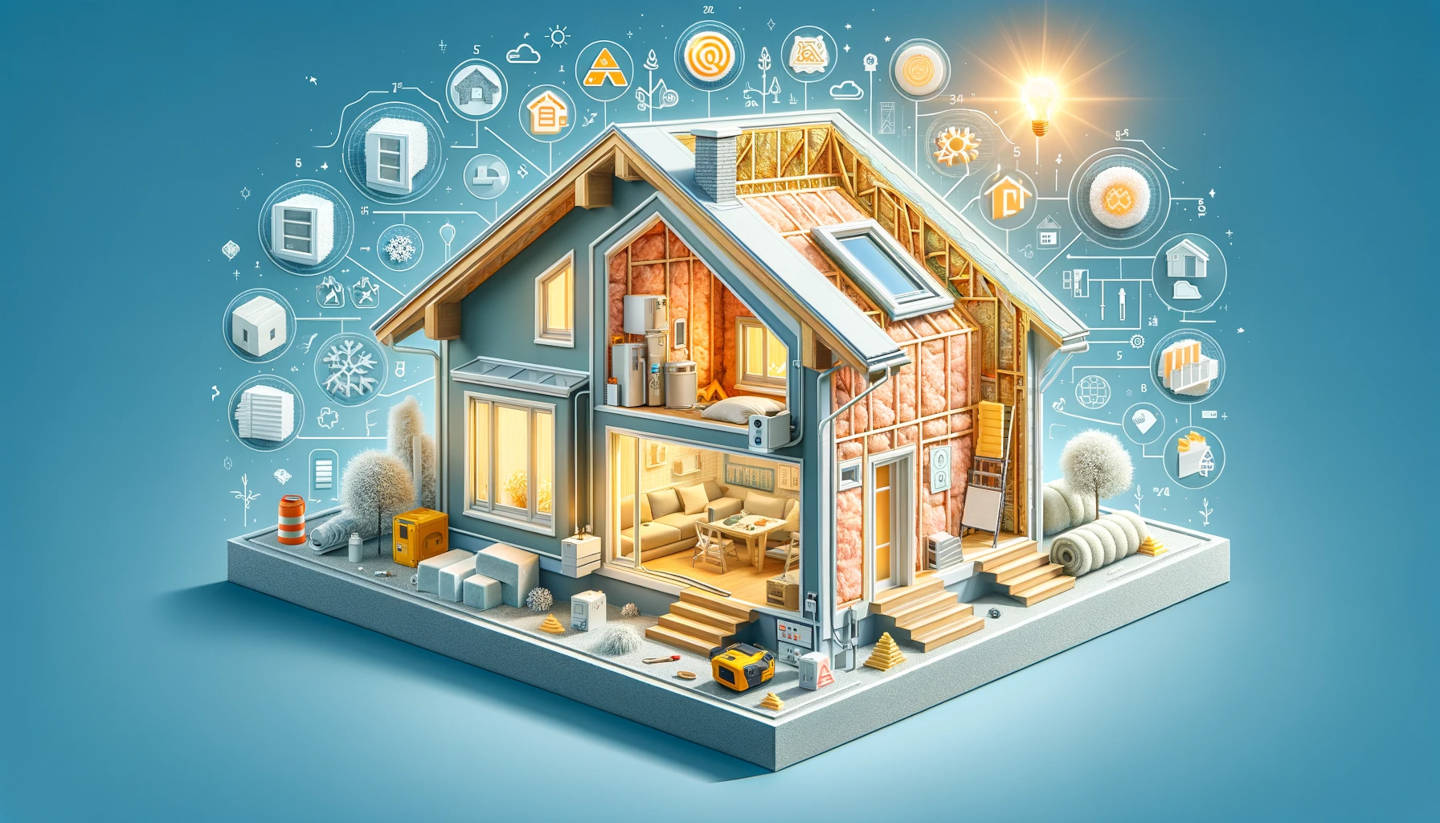Insulation and HVAC efficiency – When it comes to optimizing your home’s heating, ventilation, and air conditioning (HVAC) system, the role of insulation often takes a back seat. However, proper insulation is a critical factor in enhancing HVAC efficiency. Let’s explore how insulation impacts HVAC performance and the steps you can take to ensure your home is well-insulated.
Understanding the Relationship Between Insulation and HVAC Efficiency
Insulation acts as a barrier to heat flow and is essential for maintaining a comfortable indoor temperature. Good insulation reduces the workload on your HVAC system by minimizing the loss of heat in winter and the gain of heat in summer. This not only leads to improved comfort but also lowers energy consumption, reducing your utility bills.
Insulation and HVAC Efficiency – How Insulation Affects Different Aspects of HVAC Performance
- Energy Consumption: Without proper insulation, your HVAC system has to work harder to maintain the desired temperature, leading to increased energy consumption.
- System Longevity: Overworking due to poor insulation can lead to more frequent maintenance issues and reduce the lifespan of your HVAC system.
- Temperature Regulation: Insulation helps maintain consistent temperatures throughout your home, avoiding problems like cold spots in winter or overly warm areas in summer.
Key Areas Where Insulation Matters

- Attics and Roofs: Heat rises, and without proper attic insulation, it can easily escape, making your heating system work overtime.
- Walls: External walls are crucial for insulation, as they can be significant points of heat exchange between the inside and outside of your home.
- Floors and Basements: Insulating these areas can prevent cold floors in the winter and contribute to overall temperature stability.
Tips for Maximizing Insulation Efficiency

- Assess Your Current Insulation: Have a professional evaluate the existing insulation in your home. They can identify areas that need improvement or additional insulation.
- Choose the Right Type of Insulation: There are various types of insulation materials available, such as fiberglass, cellulose, and foam. Each has its advantages and suitability depending on the application area.
- Seal Air Leaks: Insulation is most effective when air leaks are minimized. Ensure that areas around windows, doors, and ductwork are properly sealed.
- Regular HVAC Maintenance: Alongside improving insulation, regular maintenance of your HVAC system is essential to ensure optimal performance.
Call to Action
Ready to enhance your HVAC efficiency with the right insulation? Contact AAA Heating & Air for expert advice and services. Our team can help you assess your insulation needs and suggest the best solutions to maximize your system’s performance and save on energy costs. Click here to schedule a consultation today and take the first step towards a more comfortable, energy-efficient home!
Written by: Jared M. Sewell
AAA Heating & Air, LLC.
https://callaaatoday.com/

